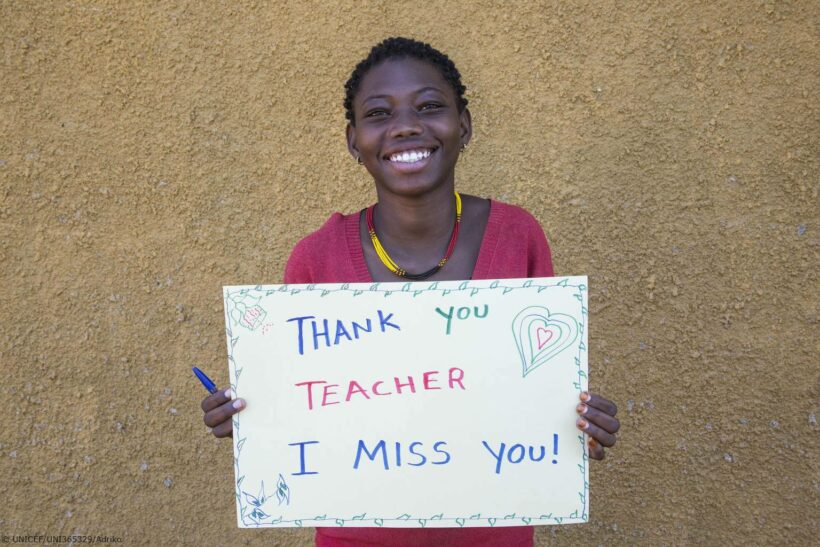March arrives and a new school year begins. Many families are relieved to return to their work and domestic routines as their children start school, but it is always accompanied by the stress of the economic demands placed on them by the cost of uniforms, school supplies and other requirements made by most educational establishments in Chile.
If the value of education in the formation and future wellbeing of their sons and daughters is still predominant among mothers, fathers and parents, year after year there is a growing sense of hopelessness that attending school is the same as not attending at all. That is why the figures for school dropouts are so dramatic: more than 50,000 between 2021 and 2022, the total number of people between 5 and 24 years of age not attending school reaches 227,000 and more than 1,200,000 students (40% of the total) have serious non-attendance.
Children and young people face the return to school with mixed emotions. They are happy and excited to meet their friends again, to share games, stories and experiences from the holidays. Reluctant to enter their classrooms because of the demotivation of the predominant pedagogical method in our system of a teacher who lectures and students who are supposed to learn.
Despite the fact that education is a right enshrined in our Constitution, and that it is fulfilled in that no student in primary and secondary school is left without enrolment, and that these twelve years are compulsory, we face the reality described above with minor interventions, without getting to the heart of the problem, which is the only way to reverse the observed trend.
As a society we need to face the challenge of making the promise of education a reality. To do so, we must make profound changes. Making the inspiring principles of the General Education Act (Article 3) a reality is a challenge, among which I highlight the three that I consider most important:
“Quality of education: All students, regardless of their conditions and circumstances, must achieve the general objectives and learning standards defined in the manner established by law”.
“Equity: All students should have equal opportunities to receive a quality education.
“Integral education: The education system shall seek to develop alternative points of view in the evolution of reality and of the multiple forms of knowledge. It shall consider the physical, social, moral, aesthetic, creative and spiritual aspects, with special attention to the integration of all sciences, arts and disciplines of knowledge”.
It is not money that is lacking, although more resources are always welcome, but rather a lack of political determination to remove the stagnant state structures that hold back change because they are considered ideological. But what could be more ideologised than having a system that continues to reproduce an inefficient productive and social model, which feeds on cheap labour and people who do not understand what they read, nor have they developed critical thinking skills.










